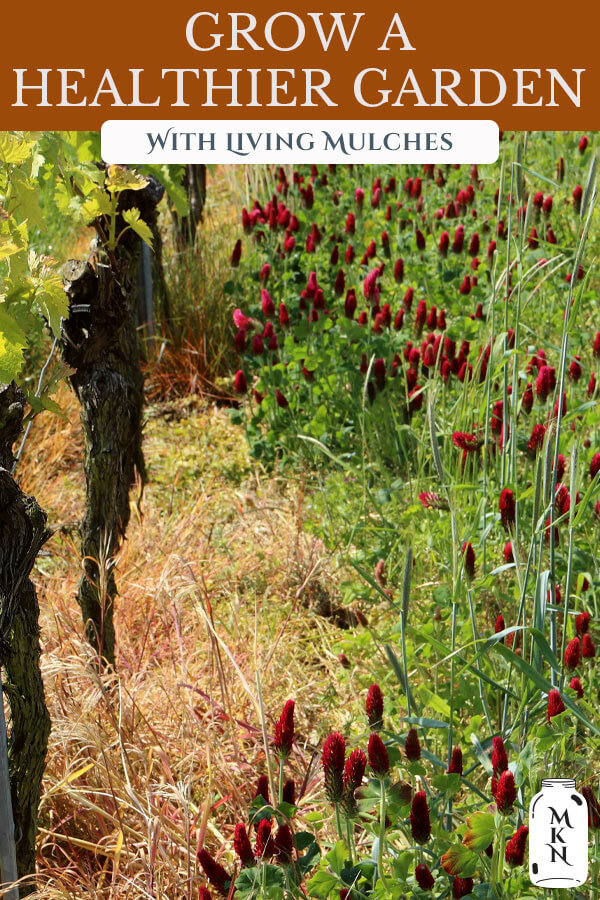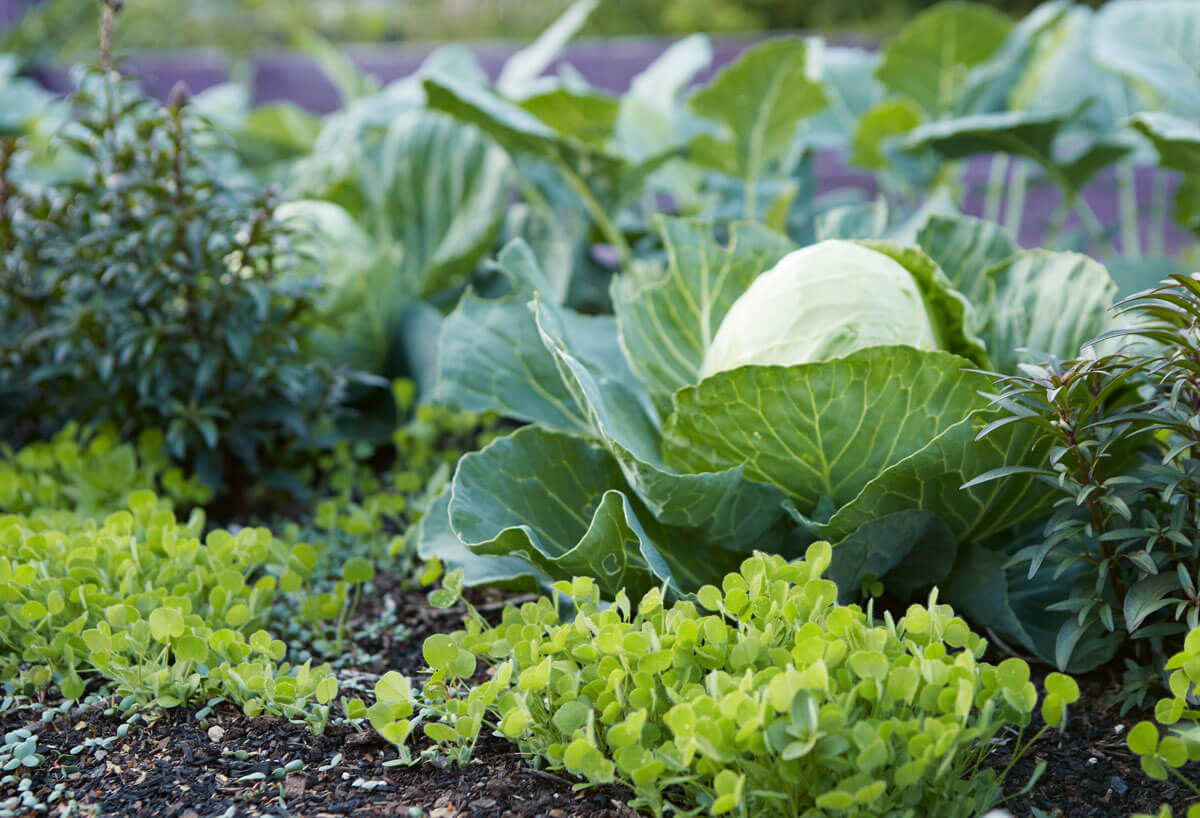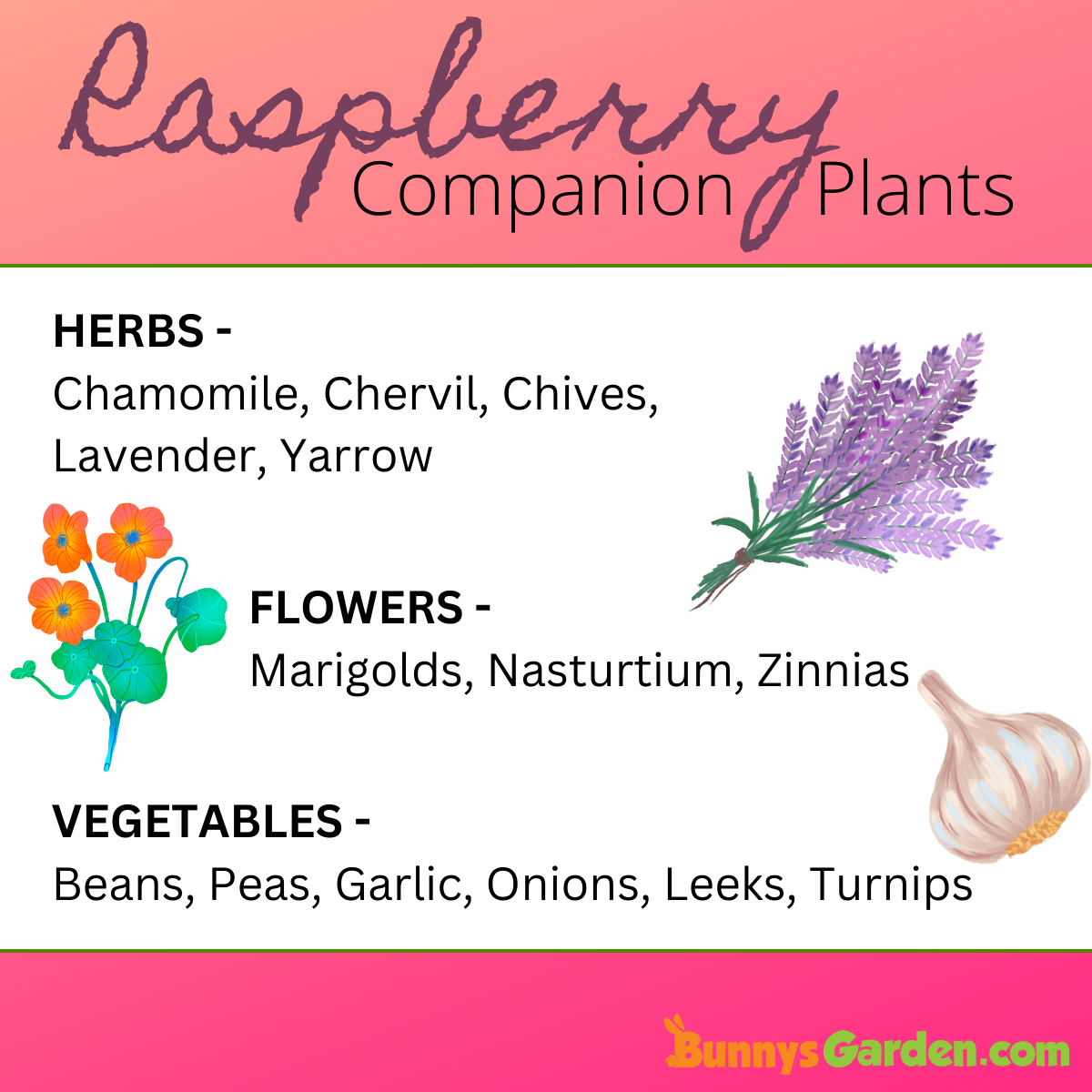The Ultimate Guide To Companion Planting Black Raspberries
The Ultimate Guide to Companion Planting Black Raspberries
Raspberries are a delicious and versatile fruit that can be enjoyed fresh, frozen, or cooked. They are also a relatively easy crop to grow, but there are a few things you can do to improve your chances of success. One of these things is to companion plant your raspberries with the right plants.
Companion planting is the practice of planting certain plants together to benefit each other. Some plants attract beneficial insects, while others help to repel pests. Some plants improve the soil, while others provide shade or wind protection.
There are a number of plants that make good companion plants for raspberries. Here are a few of the best:
- Alliums: Garlic, onions, and chives all help to repel pests, such as aphids, mites, and beetles. They also help to improve the soil by adding nitrogen.
- Legumes: Peas, beans, and lentils are nitrogen-fixing plants, which means they can help to improve the soil by adding nitrogen. They also provide shade and wind protection for raspberries.
- Marigolds: Marigolds help to repel pests, such as nematodes and whiteflies. They also attract beneficial insects, such as ladybugs and lacewings.
- Nasturtiums: Nasturtiums help to repel pests, such as aphids and spider mites. They also attract beneficial insects, such as ladybugs and lacewings.
- Tansy: Tansy helps to repel pests, such as aphids, beetles, and ants. It also has insecticidal properties.
- Yarrow: Yarrow helps to repel pests, such as aphids, beetles, and ants. It also has insecticidal properties.
- Turnips: Turnips help to improve the soil by breaking up compacted soil and adding organic matter. They also provide shade and wind protection for raspberries.
In addition to these plants, there are a few other plants that you should avoid planting near raspberries. These include:
- Potatoes: Potatoes and raspberries are susceptible to the same diseases, so planting them together can increase the risk of disease.
- Tomatoes: Tomatoes and raspberries are both susceptible to verticillium wilt, so planting them together can increase the risk of disease.
- Eggplants: Eggplants are also susceptible to verticillium wilt, so planting them near raspberries is not a good idea.
By companion planting your raspberries with the right plants, you can improve your chances of a successful harvest. These plants will help to repel pests, improve the soil, and provide shade and wind protection. So, if you're planning on growing raspberries, be sure to do your research and select the right companion plants.
Black raspberries are a delicious and versatile fruit that can be enjoyed fresh, frozen, or cooked. But did you know that there are certain plants that can help to improve the growth and productivity of your black raspberry plants?
That's right, companion planting is a great way to boost the health and productivity of your garden. By planting certain plants near each other, you can create a symbiotic relationship that benefits both plants.
Some of the best companion plants for black raspberries include:
- Garlic: Garlic has a strong scent that helps to repel pests, such as Japanese beetles and aphids.
- Onions: Onions have similar pest-repelling properties to garlic.
- Chives: Chives are another member of the Allium family, and they also help to repel pests.
- Marigolds: Marigolds are a popular companion plant for many different types of fruits and vegetables. They help to attract pollinators and repel pests.
- Nasturtiums: Nasturtiums are another great choice for companion planting with black raspberries. They help to attract pollinators and deter pests.
If you're interested in learning more about black raspberry companion plants, I recommend visiting Gardenia Inspiration. This website has a wealth of information on companion planting, including a list of the best plants to grow near black raspberries.
FAQ of black raspberry companion plants
Question 1: What are some good companion plants for black raspberries?
Answer: There are many good companion plants for black raspberries, but some of the best include:
- Allium: Alliums, such as onions, garlic, and chives, help to repel pests and diseases from black raspberries.
- Cucumbers: Cucumbers help to attract beneficial insects to black raspberries, which can help to control pests.
- Legumes: Legumes, such as beans and peas, help to improve the nitrogen levels in the soil, which can benefit black raspberries.
- Marigolds: Marigolds help to repel nematodes, which can be a serious pest of black raspberries.
- Sunflowers: Sunflowers help to attract pollinators to black raspberries, which can help to increase fruit production.
Question 2: What are some bad companion plants for black raspberries?
Answer: There are a few plants that should not be planted near black raspberries, as they can compete for resources or attract pests. These plants include:
- Brassicas: Brassicas, such as broccoli, cabbage, and cauliflower, can compete with black raspberries for water and nutrients.
- Potatoes: Potatoes can harbor the same pests and diseases as black raspberries, so planting them together can increase the risk of infection.
- Tomatoes: Tomatoes can attract the same pests as black raspberries, so planting them together can increase the risk of infestation.
Question 3: How far apart should black raspberries be planted?
Answer: Black raspberries should be planted 3-4 feet apart. This will give them enough space to spread out and grow properly.
Question 4: When should black raspberries be planted?
Answer: Black raspberries can be planted in the spring or fall. However, spring planting is generally preferred, as it gives the plants more time to establish themselves before the winter.
Question 5: How do I care for black raspberry plants?
Answer: Black raspberry plants need full sun and well-drained soil. They should be watered regularly, especially during hot, dry weather. Black raspberries also need to be pruned in the fall or winter to remove dead or diseased canes.
Image of black raspberry companion plants
Crimson clover is a nitrogen-fixing plant that helps to enrich the soil around black raspberries. It also attracts pollinators and beneficial insects, which can help to protect the raspberry plants from pests.
White clover is another nitrogen-fixing plant that is beneficial for black raspberries. It also helps to suppress weeds and improve the drainage of the soil.
Nasturtiums are a great companion plant for black raspberries because they deter pests, such as aphids and Japanese beetles. They also attract pollinators, which help to pollinate the raspberry flowers.
Marigolds are another good companion plant for black raspberries because they deter pests. They also help to improve the drainage of the soil and suppress weeds.
Chives are a great companion plant for black raspberries because they repel pests and attract beneficial insects. They also help to improve the flavor of the raspberries.



Post a Comment for "The Ultimate Guide To Companion Planting Black Raspberries"